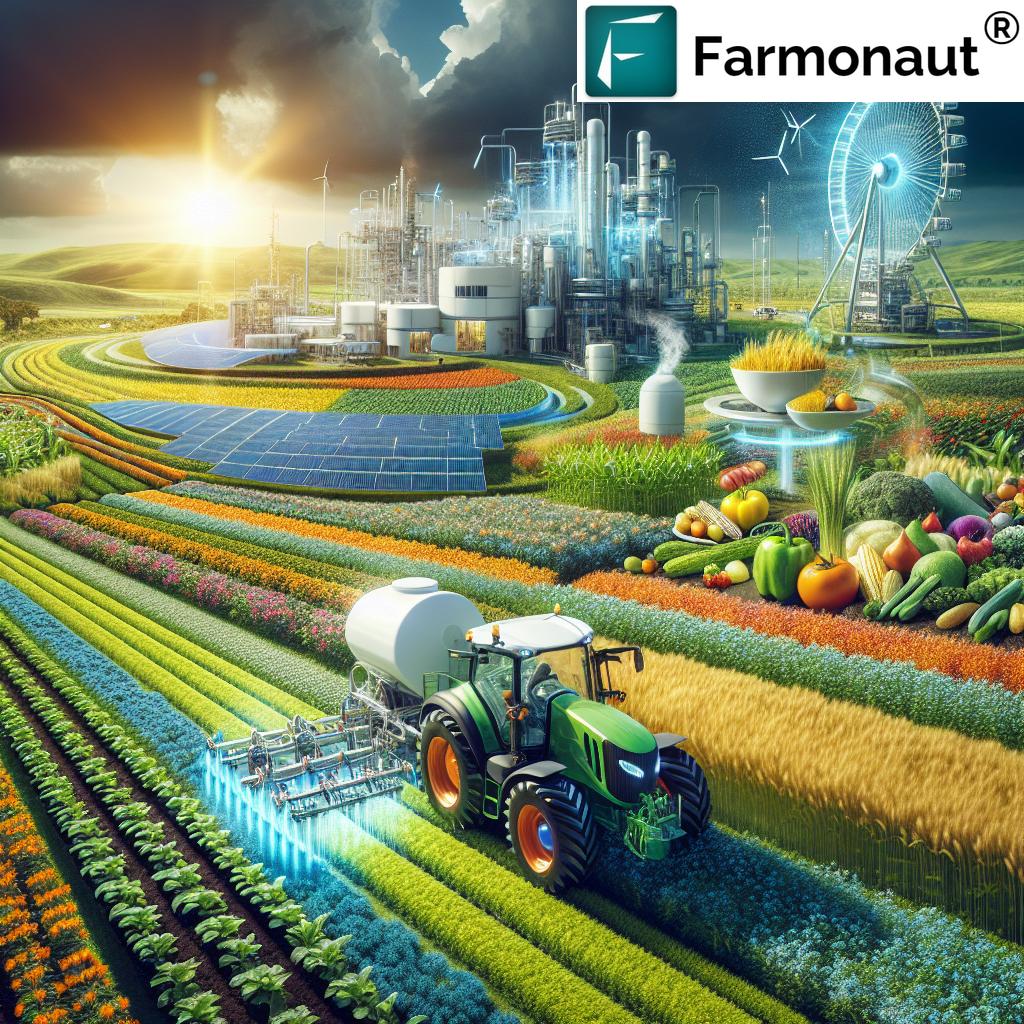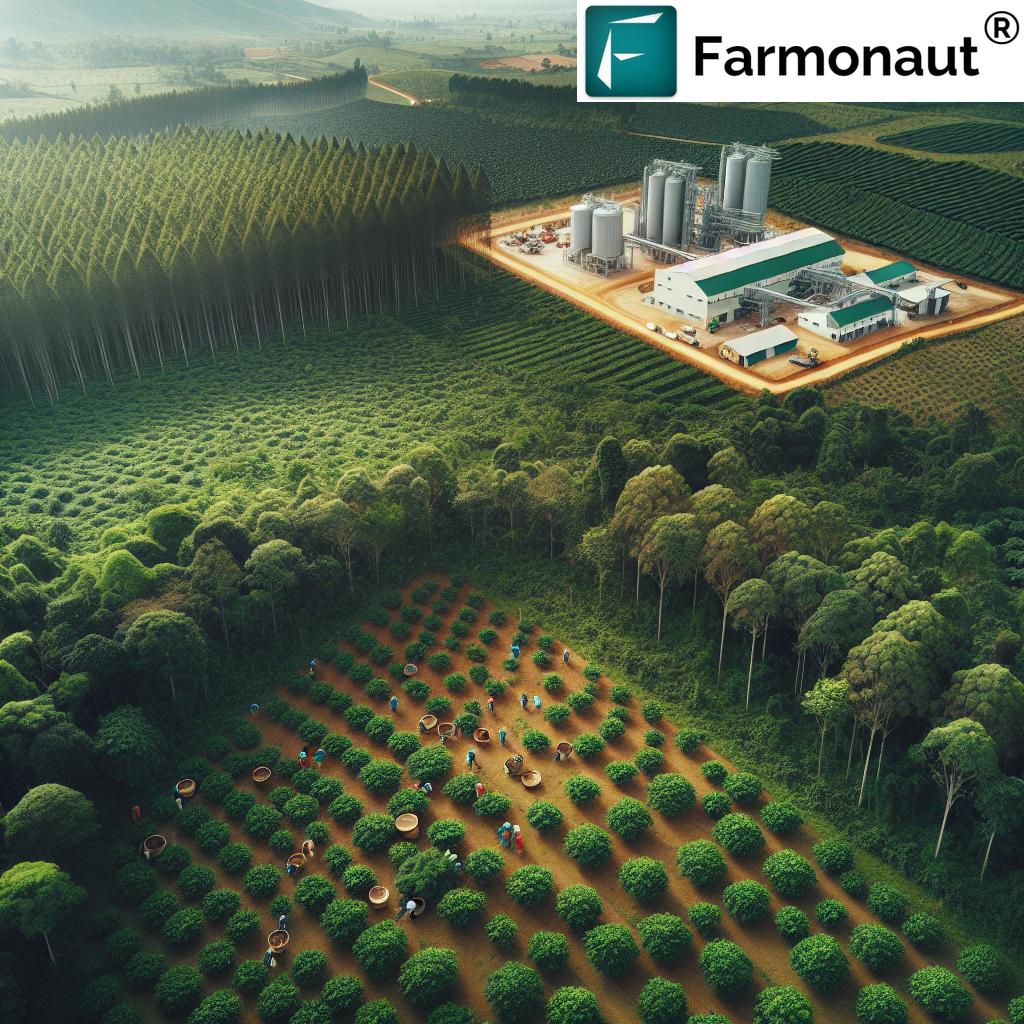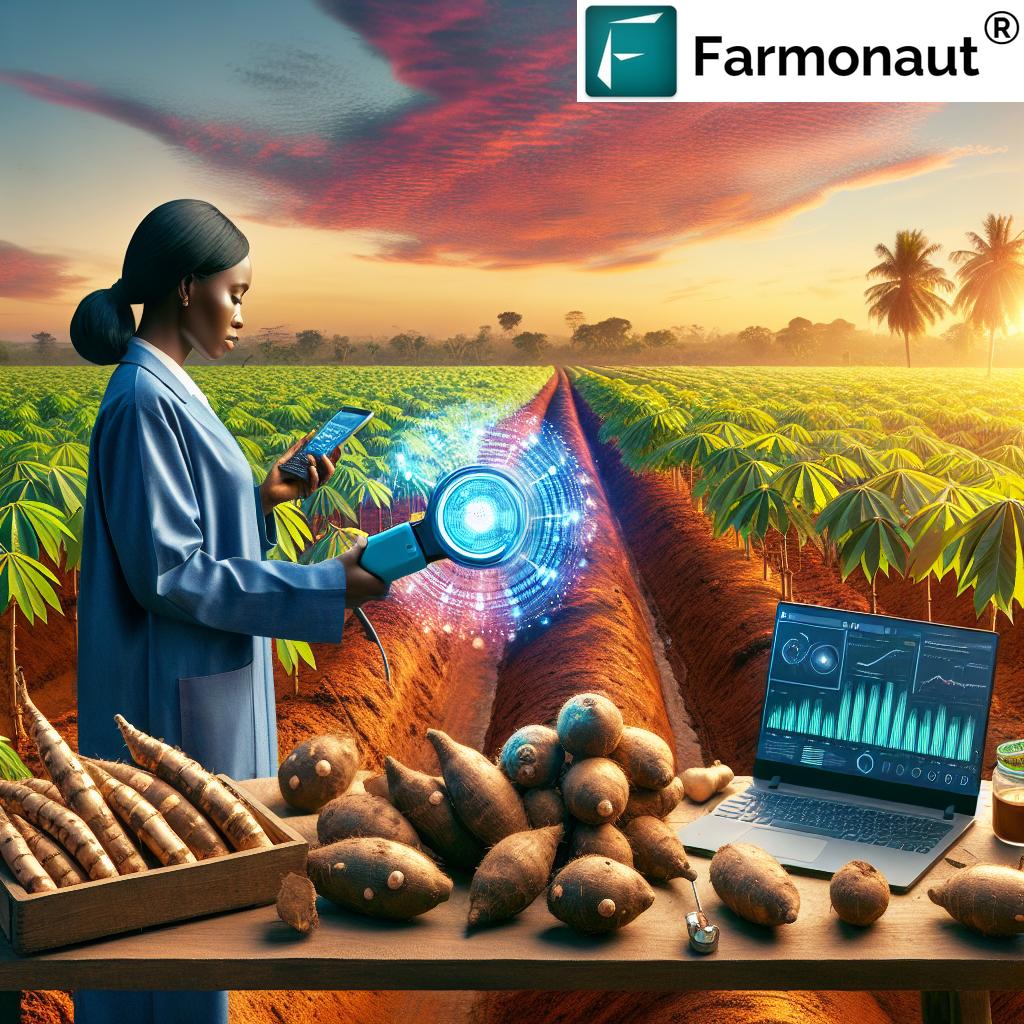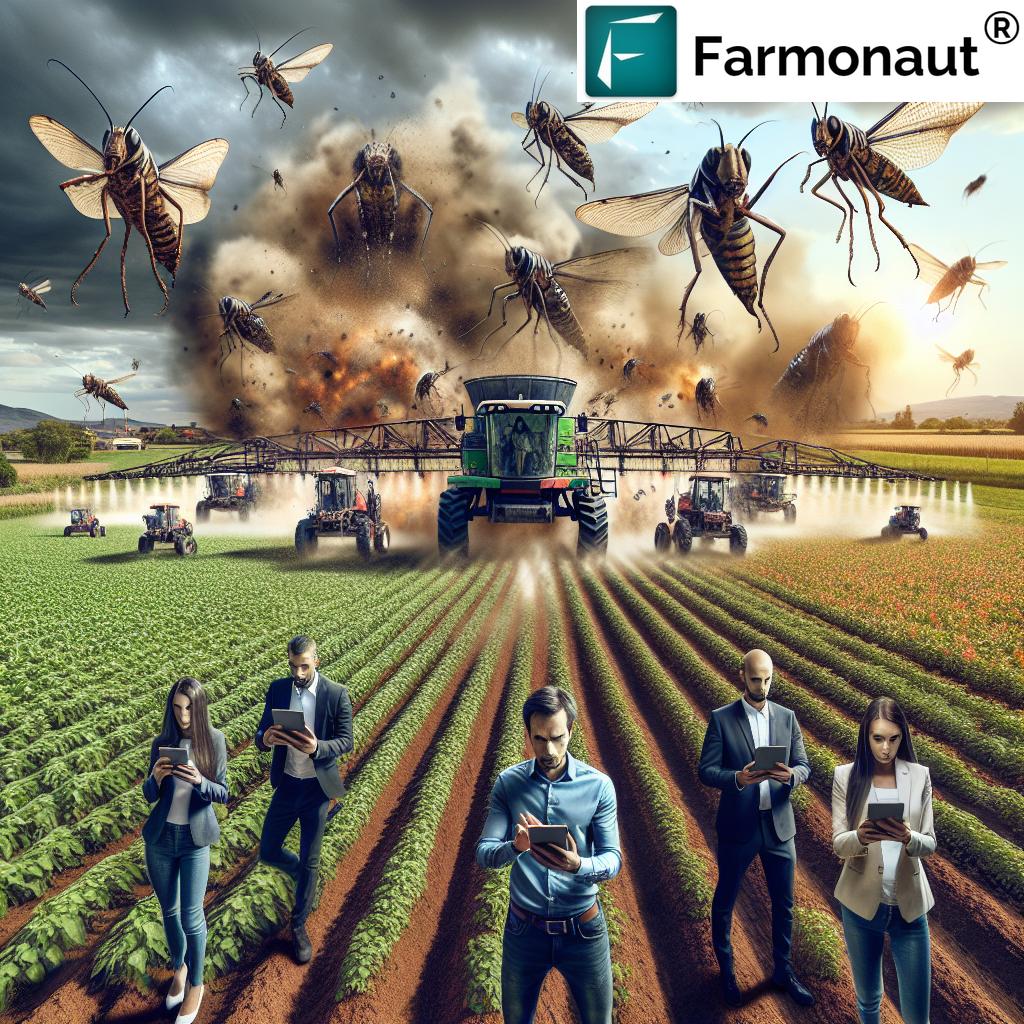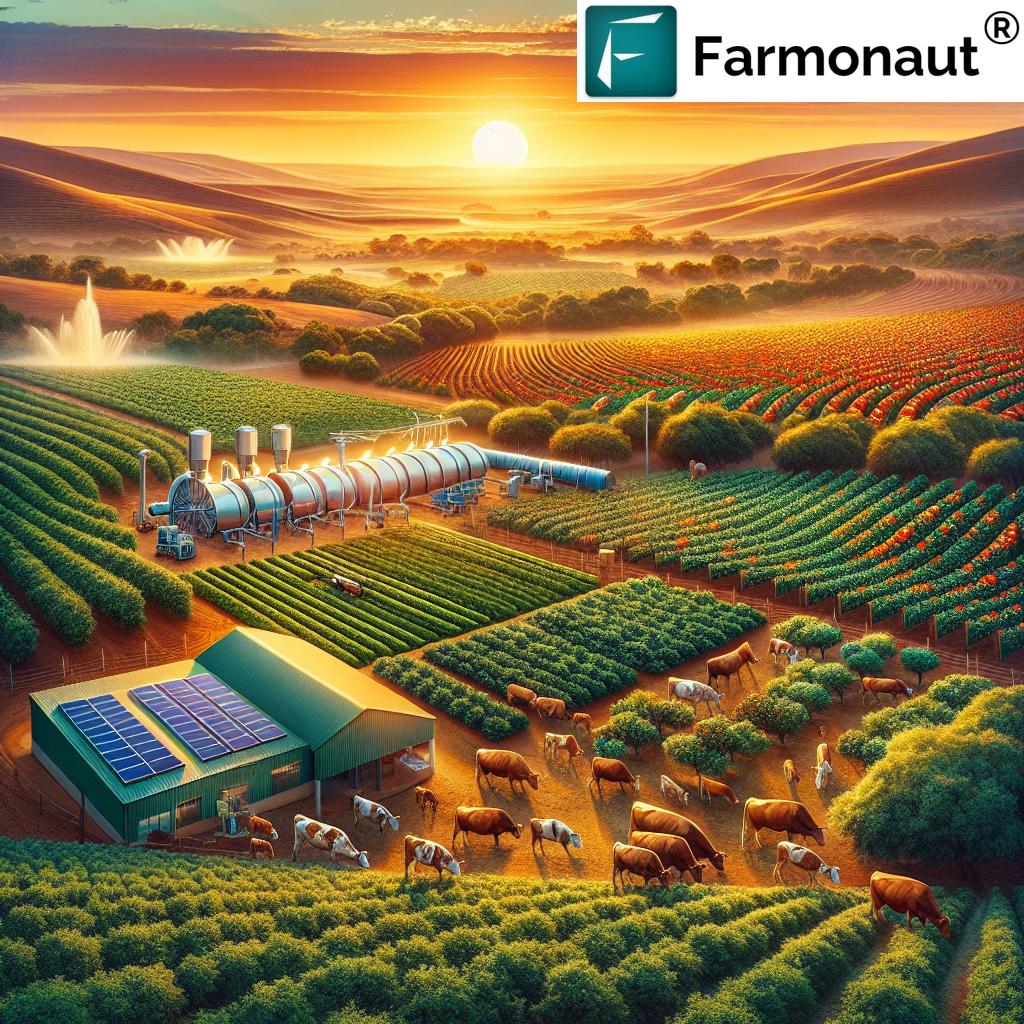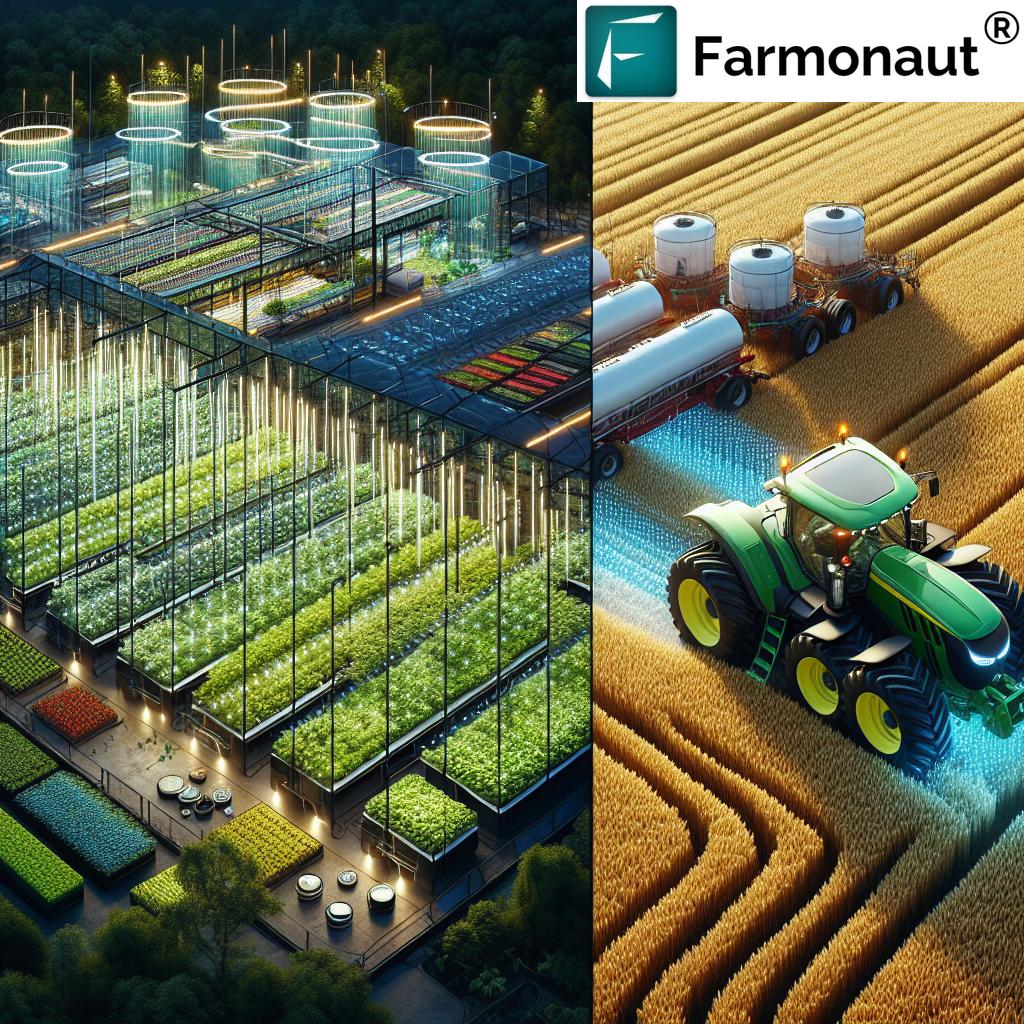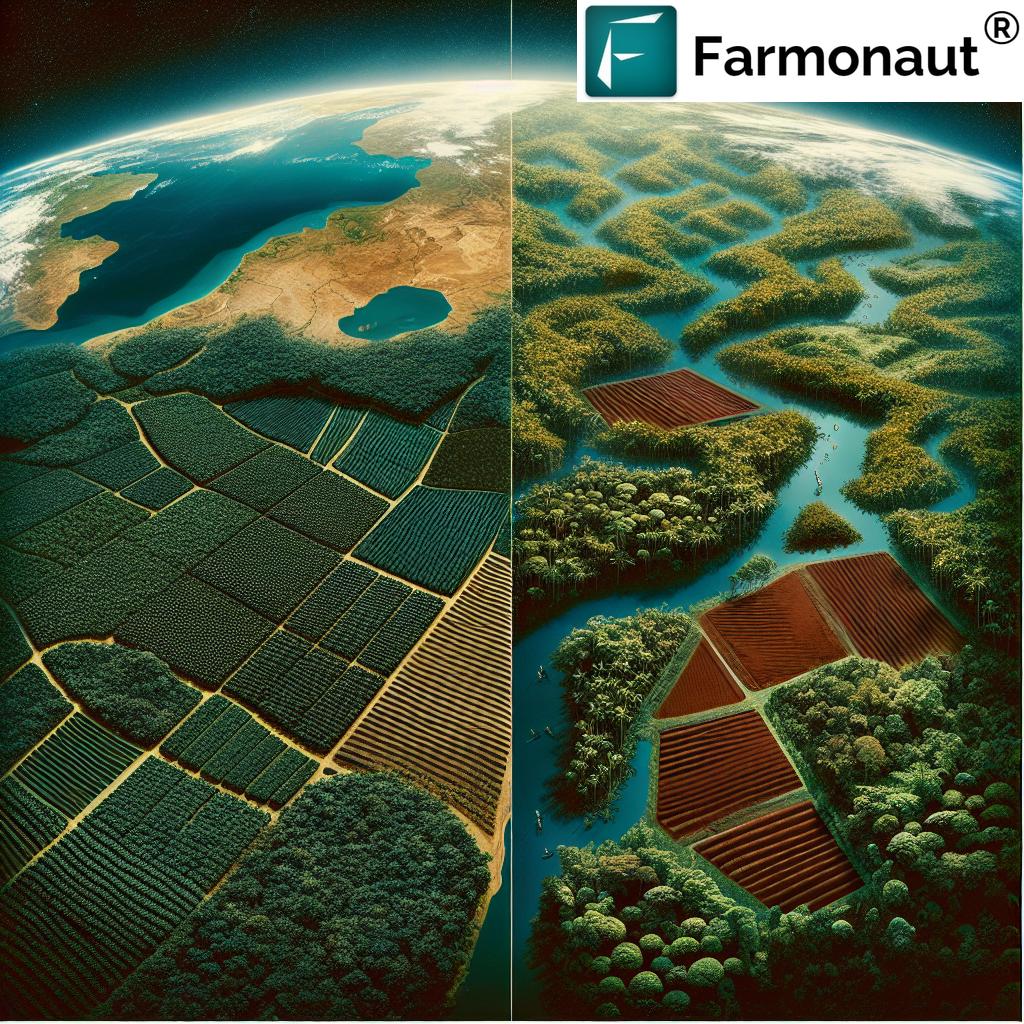Revolutionizing Sustainable Wool Production: Insights from South Africa’s Dynamic Live Auction Platform
“South African wool auctions handle over 200,000 bales annually, contributing significantly to the global fiber industry.”
Welcome to an in-depth exploration of the dynamic world of sustainable wool production and live wool auction platforms. In this comprehensive guide, we’ll delve into the heart of the global fiber industry, uncovering innovative agritech solutions and responsible fiber standards that are shaping the future of wool production. From South Africa’s bustling auction floors to the cutting-edge technologies revolutionizing the industry, we’ll examine every aspect of this fascinating sector.
The Evolution of Wool Auctions in South Africa
South Africa has long been a key player in the global wool industry, with its unique blend of climate and geography providing ideal conditions for sheep farming. The country’s wool auctions have become a cornerstone of the industry, serving as a vital link between producers and buyers from around the world.
These auctions are more than just marketplaces; they are dynamic platforms that reflect the pulse of the global wool trade. With over 200,000 bales handled annually, South African wool auctions play a crucial role in setting prices and establishing quality standards for the industry.
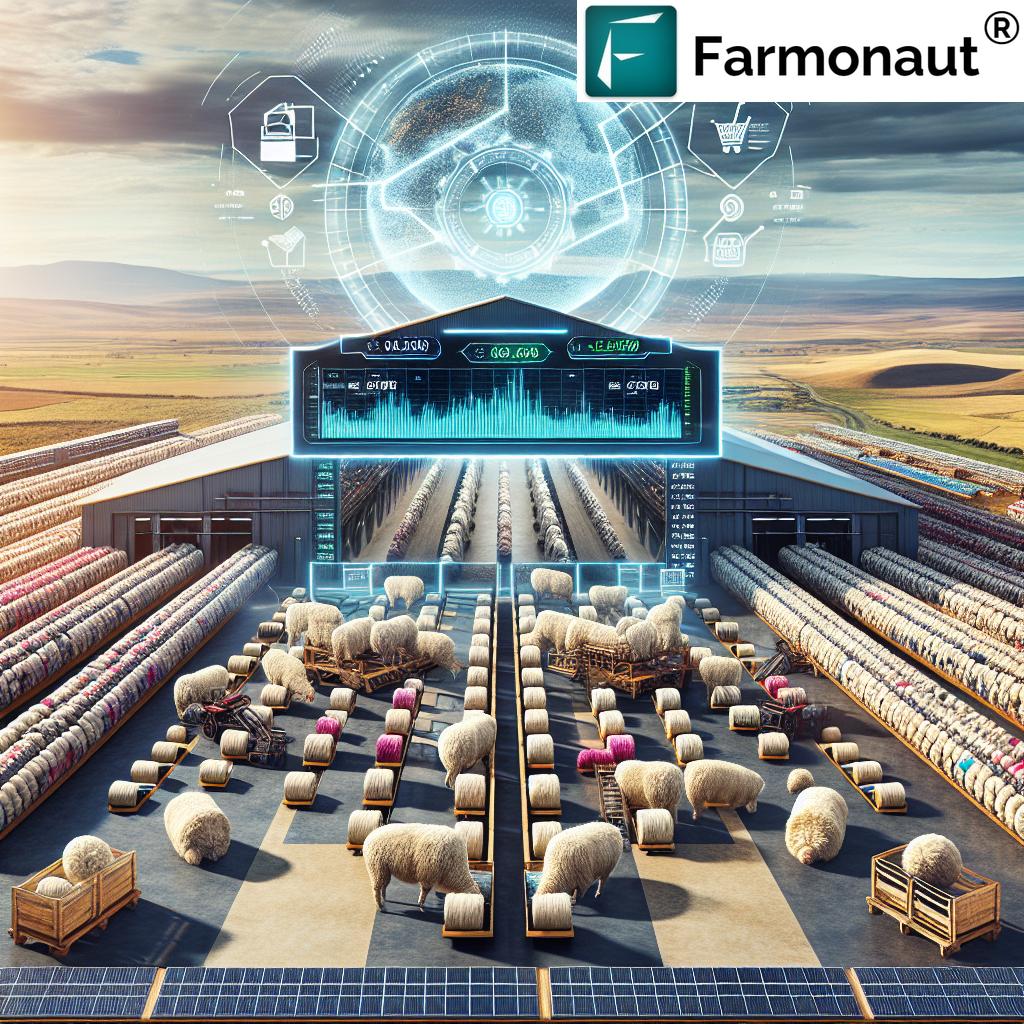
The Rise of Live Wool Auction Platforms
In recent years, we’ve witnessed a significant shift towards digital platforms in the wool industry. Live wool auction platforms have emerged as game-changers, connecting producers and buyers in real-time, regardless of their geographical location. These platforms offer several advantages:
- Increased market access for small and large producers
- Real-time price discovery and market transparency
- Reduced transaction costs and improved efficiency
- Enhanced competition, leading to fairer prices
The adoption of these platforms has been particularly rapid in South Africa, where the wool industry has embraced technology to stay competitive in the global market.
Sustainable Wool Production: A Global Imperative
As the world becomes increasingly conscious of environmental issues, sustainable wool production has moved to the forefront of industry priorities. This shift is not just about meeting consumer demands; it’s about ensuring the long-term viability of the wool industry.
“Sustainable wool production has seen a 30% increase in adoption of ESG practices over the past 5 years.”
Sustainable wool production encompasses a wide range of practices, including:
- Responsible land management and biodiversity conservation
- Ethical animal welfare standards
- Water conservation and pollution reduction
- Carbon footprint reduction and climate change mitigation
- Fair labor practices and community support
South African wool producers have been at the forefront of adopting these sustainable practices, recognizing their importance in maintaining the country’s competitive edge in the global market.
Responsible Fiber Standards: Setting the Bar High
The implementation of responsible fiber standards has been a crucial development in the wool industry. These standards provide a framework for sustainable and ethical wool production, ensuring that producers adhere to best practices throughout the supply chain.
Some of the key responsible fiber standards in the wool industry include:
- Responsible Wool Standard (RWS)
- ZQ Merino Standard
- Sustainable Cape Wool Standard
These standards cover various aspects of wool production, from animal welfare to environmental stewardship. By adhering to these standards, South African wool producers can demonstrate their commitment to sustainability and gain access to premium markets.
Agricultural Commodity Trading: The Bigger Picture
Wool is just one part of the broader agricultural commodity trading landscape. Understanding this larger context is crucial for anyone involved in the wool industry. Agricultural commodity trading encompasses a wide range of products, including:
- Grains (wheat, corn, soybeans)
- Livestock (cattle, pigs, poultry)
- Fibers (cotton, wool, mohair)
- Dairy products
- Oilseeds
The wool market is influenced by trends and developments in these related sectors. For example, changes in grain prices can affect the cost of feed for sheep, impacting wool production costs.
Wool Industry Trends: Navigating a Changing Landscape
The wool industry is constantly evolving, driven by changing consumer preferences, technological advancements, and global economic factors. Some of the key trends we’re observing include:
- Increased demand for sustainable and ethically produced wool
- Growing popularity of fine and superfine Merino wool
- Rise of wool in technical and athletic wear
- Emergence of new markets in Asia and Eastern Europe
- Integration of blockchain technology for supply chain transparency
South African wool producers are adapting to these trends, positioning themselves to capitalize on new opportunities in the global market.
Livestock Auction Services: Beyond Wool
While wool auctions are a crucial part of the industry, it’s important to note that many auction platforms also offer livestock auction services. These services play a vital role in the broader agricultural sector, facilitating the trade of:
- Sheep (for both wool and meat production)
- Cattle
- Goats
- Other livestock
The integration of livestock and wool auctions provides a comprehensive solution for farmers and buyers, streamlining the trading process and creating additional value.

Grain Storage Solutions: A Critical Component
While not directly related to wool production, grain storage solutions are an essential aspect of the broader agricultural landscape. Efficient grain storage is crucial for:
- Ensuring food security
- Stabilizing prices
- Reducing post-harvest losses
- Improving farmers’ income stability
In South Africa, where many farmers engage in mixed farming practices, integrating grain storage solutions with wool production can lead to more resilient and profitable agricultural enterprises.
ESG in Agriculture: A Holistic Approach
Environmental, Social, and Governance (ESG) considerations have become increasingly important in the agricultural sector, including wool production. ESG practices in agriculture encompass:
- Environmental stewardship (soil conservation, water management, biodiversity protection)
- Social responsibility (fair labor practices, community engagement, animal welfare)
- Governance (transparency, ethical business practices, regulatory compliance)
South African wool producers are embracing ESG principles, recognizing that they not only contribute to sustainability but also enhance their competitiveness in the global market.
Agritech Innovations: Transforming Wool Production
The wool industry is experiencing a technological revolution, with agritech innovations driving efficiency and sustainability. Some key innovations include:
- Precision shearing techniques
- Automated wool sorting and grading systems
- Blockchain-based traceability solutions
- AI-powered market prediction tools
- Satellite-based pasture management systems
These technologies are helping South African wool producers optimize their operations and stay competitive in the global market.
At Farmonaut, we’re proud to contribute to this technological revolution in agriculture. Our satellite-based farm management solutions, accessible via web app, Android app, and iOS app, provide valuable insights for crop health monitoring and resource management. For developers looking to integrate our technology, we offer a robust API with comprehensive developer documentation.
Fiber Market Insights: Understanding Global Dynamics
The wool market doesn’t exist in isolation; it’s part of the broader fiber market that includes:
- Cotton
- Synthetic fibers (polyester, nylon)
- Other natural fibers (silk, linen)
Understanding these market dynamics is crucial for wool producers and traders. Factors such as changes in cotton prices or innovations in synthetic fibers can have significant impacts on wool demand and pricing.
The Role of Mills in the Wool Industry
Wool mills play a critical role in the industry, serving as the link between raw wool producers and textile manufacturers. These mills are responsible for:
- Scouring and cleaning raw wool
- Carding and combing fibers
- Spinning wool into yarn
- Dyeing and finishing wool products
The relationship between wool producers, auction platforms, and mills is crucial for ensuring a smooth supply chain and maintaining wool quality throughout the production process.
North vs. South: Regional Dynamics in Wool Production
While South Africa is a major player in the global wool industry, it’s important to understand the regional dynamics between the northern and southern hemispheres. Key differences include:
- Seasonal production cycles
- Wool characteristics and qualities
- Market access and trade relationships
- Regulatory environments
These regional dynamics create both challenges and opportunities for South African wool producers, influencing their production strategies and market positioning.
Supporting Small and Large Producers
The South African wool industry is characterized by a diverse range of producers, from small-scale farmers to large commercial operations. Supporting both small and large producers is crucial for the industry’s sustainability and growth. This support includes:
- Access to finance and credit
- Technical training and capacity building
- Market access and information
- Infrastructure development
By ensuring that both small and large producers can thrive, the industry can maintain its competitiveness and contribute to rural development in South Africa.
Performance Management in the Wool Industry
Effective performance management is essential for maintaining the quality and competitiveness of South African wool. This involves:
- Setting and monitoring quality standards
- Implementing continuous improvement processes
- Benchmarking against global best practices
- Investing in research and development
By focusing on performance management, the South African wool industry can ensure that it continues to produce high-quality wool that meets global market demands.
Skills Development and Career Opportunities
The wool industry offers a wide range of career opportunities, from farm management to international trade. Investing in skills development is crucial for the industry’s future. Key areas of focus include:
- Agricultural and animal husbandry skills
- Wool classing and grading
- Sustainable farming practices
- Digital literacy and technology adoption
- International trade and marketing
By developing a skilled workforce, the South African wool industry can maintain its competitive edge and attract new talent to the sector.
The Future of Sustainable Wool Production
As we look to the future, sustainable wool production will continue to be a key focus for the industry. This will involve:
- Further adoption of regenerative farming practices
- Increased use of renewable energy in wool processing
- Development of closed-loop recycling systems for wool products
- Enhanced traceability and transparency throughout the supply chain
South African wool producers are well-positioned to lead this sustainable transformation, leveraging their experience and commitment to responsible production practices.
Global Wool Production and Sustainability Metrics
| Country | Annual Wool Production (tons) | Sustainable Wool Certification (%) | Water Usage (liters/kg wool) | Carbon Footprint (kg CO2e/kg wool) | Animal Welfare Score (1-10) | Biodiversity Impact Score (1-10) |
|---|---|---|---|---|---|---|
| Australia | 345,000 | 75 | 170 | 24 | 8 | 7 |
| New Zealand | 165,000 | 80 | 150 | 22 | 9 | 8 |
| China | 310,000 | 40 | 200 | 28 | 6 | 5 |
| South Africa | 45,000 | 70 | 160 | 23 | 8 | 7 |
Conclusion: A Bright Future for South African Wool
The South African wool industry stands at the forefront of a global transformation towards sustainability and technological innovation. By embracing responsible fiber standards, leveraging live auction platforms, and adopting cutting-edge agritech solutions, South African wool producers are well-positioned to thrive in the evolving global market.
As we move forward, the industry’s commitment to environmental stewardship, social responsibility, and ethical production practices will continue to set South African wool apart. With a focus on quality, sustainability, and innovation, the future of South African wool looks brighter than ever.
FAQ Section
- Q: What makes South African wool unique in the global market?
A: South African wool is known for its high quality, sustainable production practices, and the industry’s commitment to animal welfare and environmental stewardship. - Q: How are live wool auction platforms changing the industry?
A: Live wool auction platforms are increasing market access, improving price transparency, and connecting producers with buyers globally, leading to a more efficient and competitive market. - Q: What are some key sustainable practices in wool production?
A: Key sustainable practices include responsible land management, ethical animal welfare, water conservation, carbon footprint reduction, and fair labor practices. - Q: How is technology impacting the wool industry?
A: Technology is revolutionizing the wool industry through innovations like precision shearing, automated sorting systems, blockchain traceability, and satellite-based farm management tools. - Q: What career opportunities are available in the wool industry?
A: The wool industry offers diverse career opportunities, including farm management, wool classing, sustainable farming, international trade, and agritech development.




